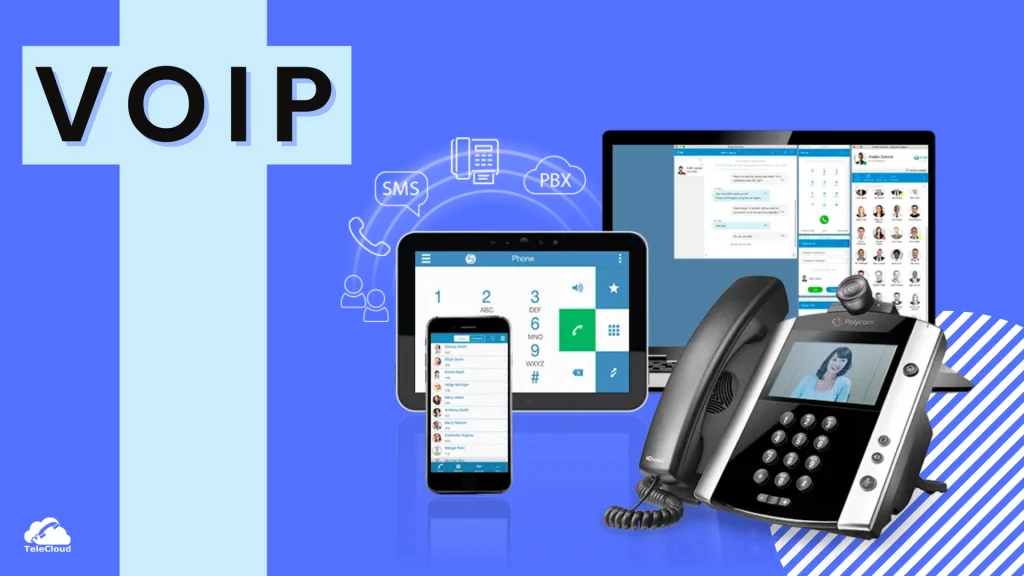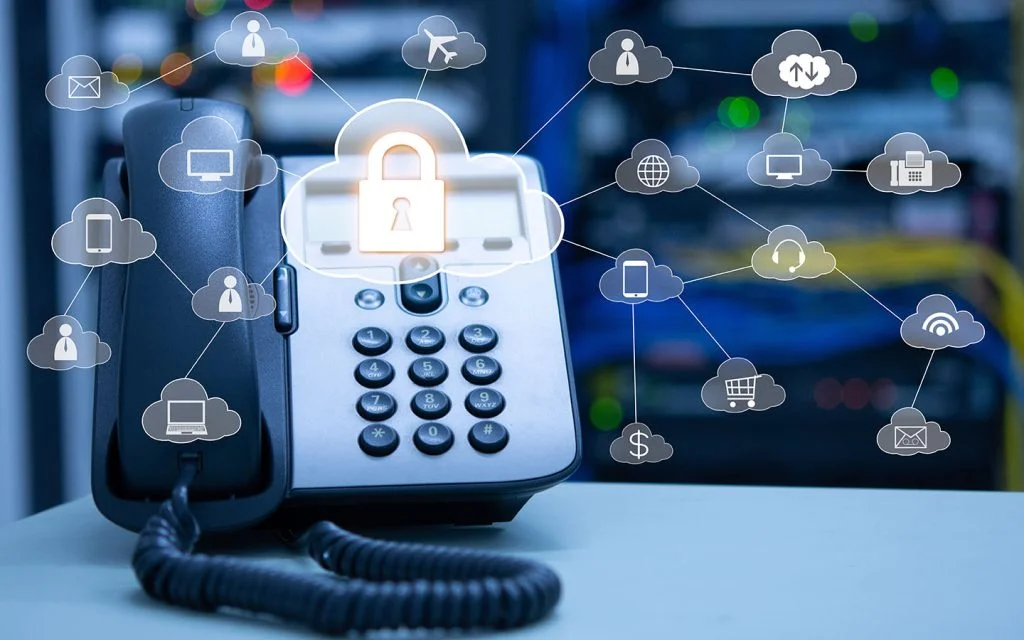
When you're looking into modern communication solutions, you'll often come across two terms that seem similar but serve different purposes: VoIP and virtual numbers. While both technologies revolutionize how we communicate, understanding their differences can help you make better decisions for personal or business use.
Understanding VoIP Technology
Voice over Internet Protocol, commonly known as VoIP, represents a fundamental shift in how voice communication works. Instead of using traditional telephone lines, VoIP converts your voice into digital data packets that travel over the internet. Think of it as turning your voice into emails that get sent instantly to the recipient.
The beauty of VoIP lies in its flexibility and cost-effectiveness. You can make calls from your computer, smartphone, or specialized VoIP phones, as long as you have a stable internet connection. Popular services like Skype, WhatsApp calling, and Zoom all use VoIP technology to enable voice and video communication.
What makes VoIP particularly attractive is its ability to bypass traditional phone networks entirely. This means significantly lower costs, especially for international calls. Businesses have embraced VoIP because it offers advanced features like call forwarding, voicemail-to-email, and conference calling without the hefty price tag of traditional phone systems.
What Are Virtual Numbers?

Virtual numbers, on the other hand, work differently. These are real phone numbers that aren't directly tied to a specific physical phone line or device. Instead, they exist in the cloud and can forward calls and messages to any device you choose.
Imagine having a New York phone number that rings on your phone in California, or a UK number that forwards messages to your device anywhere in the world. That's the power of virtual numbers. They provide location flexibility while maintaining the appearance of a local presence.
Virtual numbers have become incredibly popular for privacy protection, business expansion, and international communication. You can receive SMS verification codes, maintain separate numbers for different purposes, or establish local presence in multiple countries without physically being there.
Key Differences Between VoIP and Virtual Numbers
The primary distinction lies in their core functionality. VoIP is a communication protocol – the method by which your voice travels over the internet. Virtual numbers are phone numbers that exist independently of physical locations or devices.
VoIP focuses on how calls are made and transmitted. It's about the technology behind internet-based calling. Virtual numbers focus on providing flexible phone number solutions that can work with various communication methods, including traditional phone lines, VoIP, or messaging platforms.
Another significant difference is accessibility. VoIP requires internet connectivity to function properly. Poor internet connection means poor call quality or dropped calls. Virtual numbers, however, can work through multiple channels. They can forward to traditional phone lines, mobile networks, or internet-based services, providing more reliability options.
Cost structures also differ substantially. VoIP typically charges based on usage – minutes talked or data consumed. Virtual numbers often have subscription-based pricing models, where you pay for the number itself and then additional fees for usage or features.
Practical Applications and Use Cases
VoIP excels in scenarios where consistent internet connectivity is available and cost savings are prioritized. Remote workers love VoIP because they can maintain business phone functionality from anywhere with internet access. International businesses use VoIP to eliminate expensive long-distance charges while maintaining clear communication channels.
Virtual numbers shine in different situations. Privacy-conscious individuals use them to protect their real phone numbers when signing up for services or dating apps. Businesses leverage virtual numbers to establish local presence in multiple markets without physical offices. Travelers appreciate virtual numbers for maintaining communication while avoiding expensive roaming charges.
The verification process also differs significantly between these technologies. Many online platforms and services now require phone number verification for account creation. Virtual numbers provide an excellent solution for this, allowing users to complete verification processes without exposing their primary phone numbers.
Integration with Modern Platforms
Today's communication landscape demands flexibility, and both technologies adapt to meet these needs. VoIP integrates seamlessly with business software, customer relationship management systems, and productivity tools. Many companies use VoIP as the backbone of their entire communication infrastructure.

Virtual numbers complement this by working across multiple platforms and services. They're particularly valuable for social media verification, online marketplace communications, and international business operations. Services like BODE IM have recognized this need by providing virtual numbers from over 197 countries, enabling truly global communication capabilities.
What sets modern virtual number providers apart is their approach to accessibility and affordability. Rather than requiring upfront payments or complex contracts, innovative platforms now allow users to earn credits through simple tasks, making international communication accessible to everyone regardless of their financial situation.
Security and Privacy Considerations
Security implications differ between VoIP and virtual numbers. VoIP calls travel over the internet, making them potentially vulnerable to interception if proper encryption isn't implemented. However, most reputable VoIP providers use strong encryption protocols to protect voice data.
Virtual numbers offer unique privacy advantages. They create a barrier between your real identity and the services you interact with online. This separation helps protect against spam, unwanted marketing calls, and potential security breaches that could expose your primary contact information.
For businesses handling sensitive communications, understanding these security differences is crucial. Some industries require specific compliance standards that might favor one technology over another, depending on data protection requirements and regulatory frameworks.
Making the Right Choice
Choosing between VoIP and virtual numbers isn't always an either-or decision. Many modern communication strategies incorporate both technologies to maximize benefits. VoIP handles the actual voice communication efficiently and cost-effectively, while virtual numbers provide the flexibility and privacy protection needed in today's digital world.
Consider your primary needs: If you're mainly concerned with reducing communication costs and have reliable internet, VoIP might be your primary focus. If privacy, international presence, or number flexibility matters more, virtual numbers could be the better investment.
The future of communication likely involves seamless integration of both technologies, providing users with cost-effective, flexible, and secure communication solutions that adapt to their changing needs and circumstances.
Looking to explore virtual number solutions? Check out these helpful resources:
Related Articles




